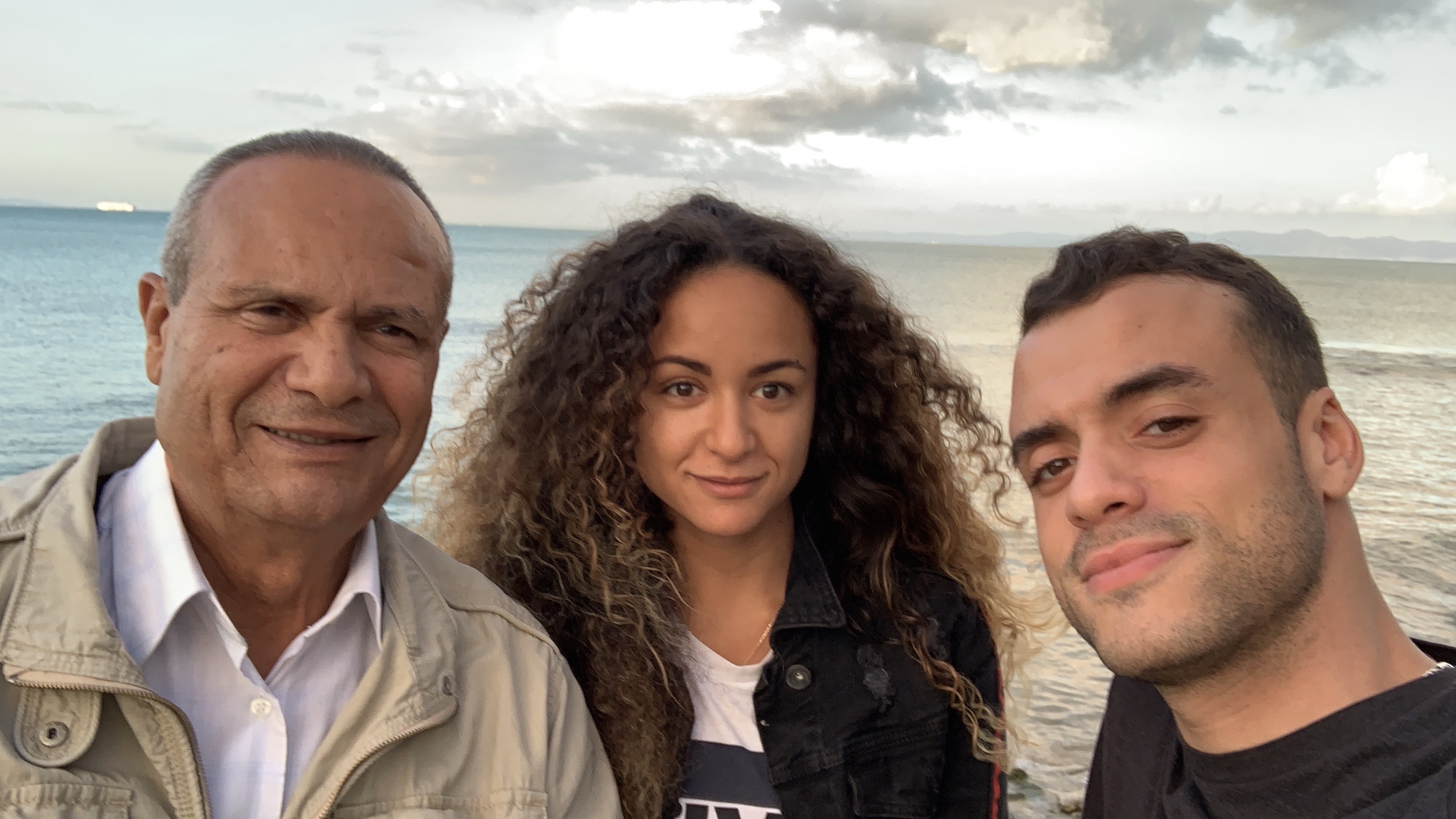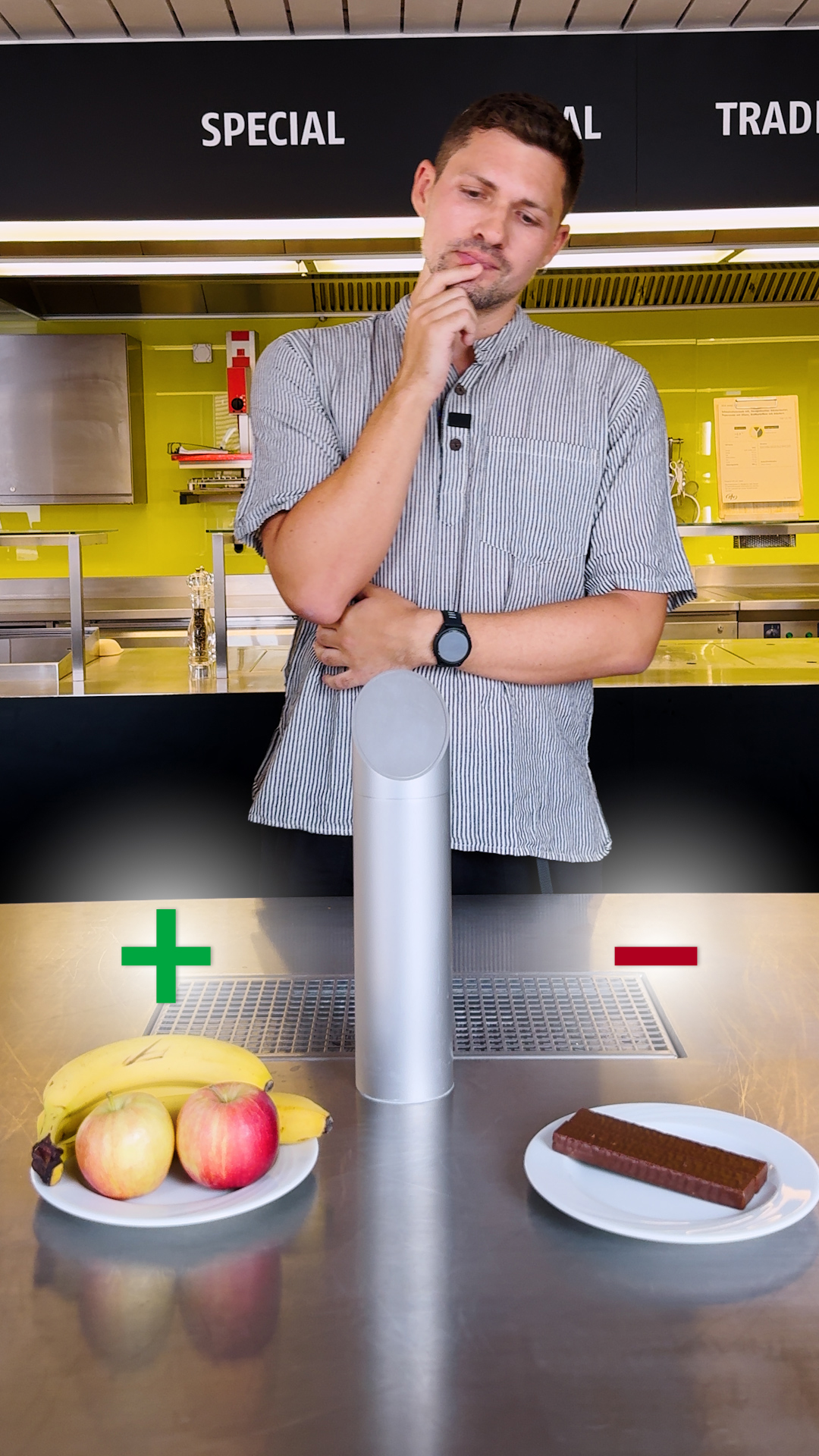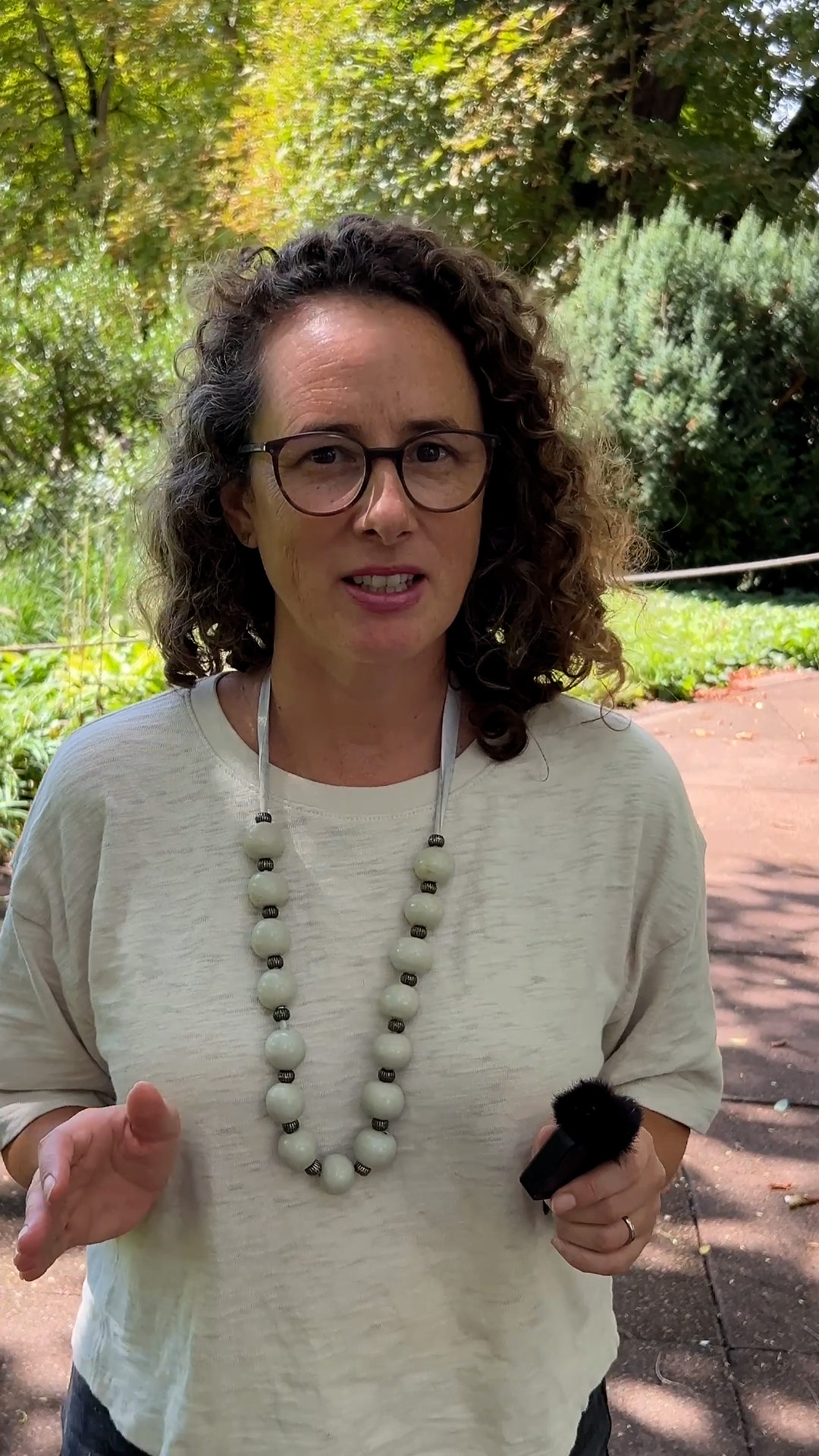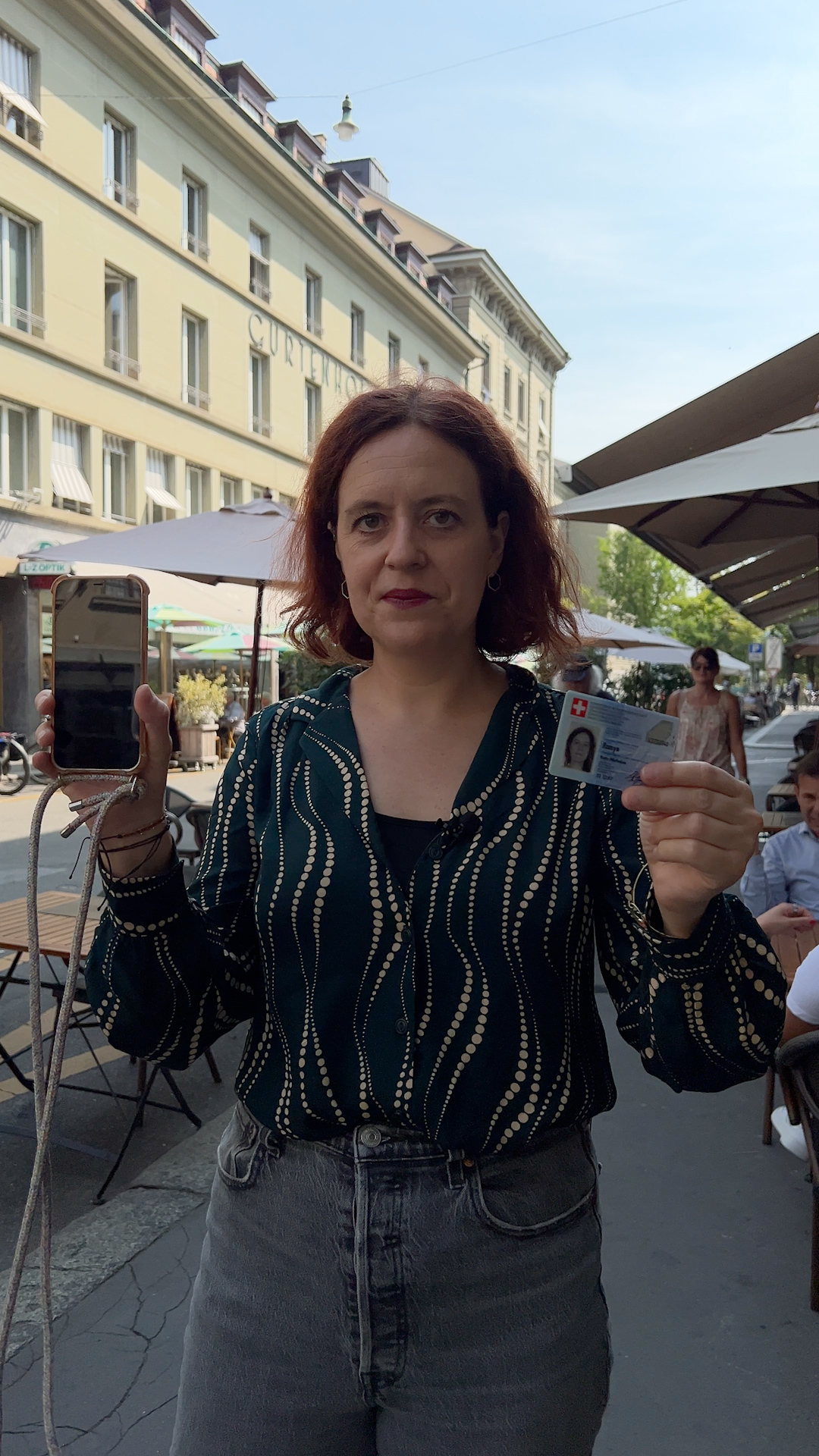
Investors back Zurich firm’s natural heart valves

Symetis, a Zurich-based producer of heart-valve implants, has raised SFr12 million ($9.6 million) to bring its valves, which are grown in bioreactors from a patient’s own tissue and cells, to the market.
The company says around 3,000-3,500 children a year in the United States and Europe could benefit from its discovery once it gets to market.
“For children with heart problems, this is a life-saving proposition,” said Jacques Essinger, acting chief executive, who joined the company along with the first round financing.
Symetis’s discovery means an implanted valve can be made from the affected child’s own cells, and then grown with the child.
Currently, children with heart-valve problems have to have replacement mechanical heart valves up to three times before the age of 15.
Today there is a 50 per cent death rate for children undergoing this type of treatment, according to Essinger.
The three-year-old company is collaborating with the University of Zurich, which has research teams working on perfecting the production of tissue-engineered skin and bones in its bioreactors.
Clinical trials
Symetis hopes to have the devices on the market by early 2007 and is currently preparing for clinical trials in humans.
Essinger has several years of experience in the tissue-engineering and medical-device industry.
He says he was sceptical at first when investors in Symetis asked him to take a look at the company.
“While I have no doubt the industry is evolving from metal and plastic mechanical devices towards biological ones combined with mechanical, my experience has shown that the new will not replace the old in a short timeframe,” said Essinger.
The reason is that there is still a discrepancy between what scientists call a piece of skin, for example, and what surgeons call a piece of skin or bone.
Tissue engineering
Up until two and half months ago Essinger was at the helm of IsoTis of Lausanne, a bone and medical-device firm, which merged with Modex Therapeutics, a tissue-engineering firm, specializing in skin, that he led and then took public in 1999.
IsoTis recently completed a further merger with a California-based orthopaedics firm and is now on a growth trajectory, but mainly because it “escaped” from the tissue business, according to Essinger.
The entrepreneur changed his mind once he met Symetis’s founders in Zurich, heart surgeons Simon Hoerstrup and Gregor Zünd, and saw what they had achieved with their heart valves in animals.
He helped with the business plan and now has an executive role at the young company.
The investment syndicate, co-led by Aravis Venture, the operating name of Zurich-based Venture Associates, and Paris-based Truffle Venture, also includes the Novartis Venture Fund, Biomedinvest, part of Zug-based HBM Bioventures, and Gaia Kapital-Beteiligungsgesellschaft of Cologne, Germany, which funded the firm with a seed round of SFr4 million in late 2001.
The new capital will be used to build up the tissue-manufacturing process and to hire experienced researchers for clinical trials of the valves in humans.
The firm is recruiting from all over Europe, according to Tripet. Truffle Venture director general Philippe Pouletty, who founded three biotechnology firms, taking two of them public before turning his hand to managing venture capital funds, will also join the firm’s board.
by Valerie Thompson

In compliance with the JTI standards
More: SWI swissinfo.ch certified by the Journalism Trust Initiative






































You can find an overview of ongoing debates with our journalists here . Please join us!
If you want to start a conversation about a topic raised in this article or want to report factual errors, email us at english@swissinfo.ch.